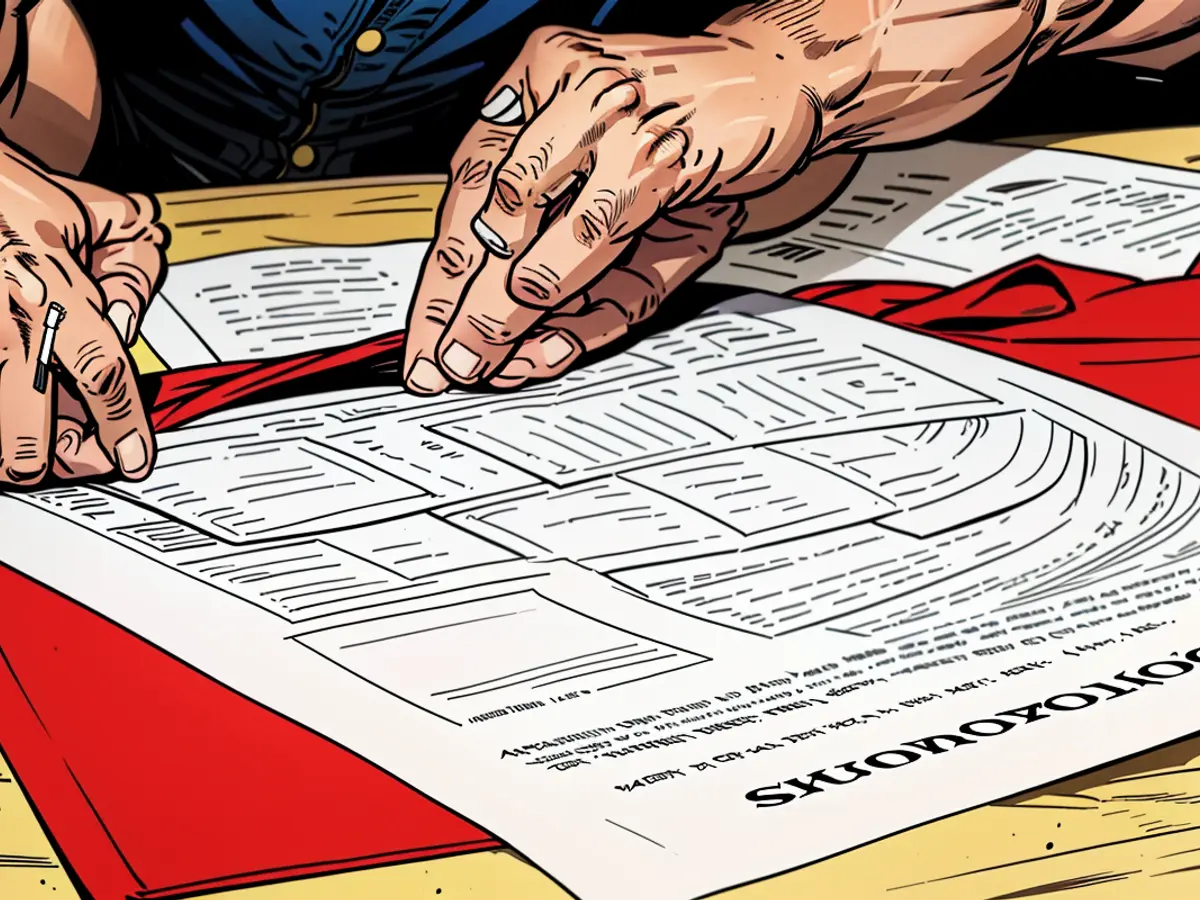Under requirements, does an employer need to provide a reference?
Job references are vital for job applications, whether you're switching jobs or seeking a promotion within the same company. But what happens if your employer is reluctant to provide one? Is it permissible?
Your role and responsibilities, relationships with coworkers, and performance are often clarified through job references. They become essential, especially when applying for new roles. However, what if your employer is unwilling to give a job reference?
"Employees have a legal entitlement to a job reference," asserts Johannes Schipp, a labor law expert. This is primarily applicable when the employment terminates. The employer is obligated to issue the reference in a timely manner after the notice period has elapsed.
However, during the employment period, for certain circumstances such as a change of supervisor, there is a claim to an interim reference.
What a Job Reference Should Include
According to Schipp, there are two types of job references: the basic one, which primarily serves as proof of employment, and the detailed one, which is standard. Employees have a legal right to the comprehensive form.
A detailed job reference should include, along with the start and end dates and a description of duties, statements about conduct and performance. According to the expert, it should also contain evaluations of an employee's behavior, such as whether they were diligent, whether they integrated their knowledge well, or whether they showed initiative.
Mention of industry-specific characteristics can also be important. The reference should also offer insights into the employee's interactions with colleagues, superiors, and clients. Expressions of gratitude and regret at the end are generally common, although there is no legal claim to this.
About the author: Johannes Schipp is a labor law expert, a member of the German Bar Association (DAV), and until August 2021 was the chairman of the Business Committee of the Labor Law Working Group in the DAV.
Read also:
In such a scenario where an employee is facing termination, they might seek the assistance of an advisor to navigate the process and understand their rights, including the potential for a job reference. Despite an employer's legal obligation to provide a job reference following termination, it's essential to remember that the employer's judgments and evaluations significantly impact the contents of the reference.







